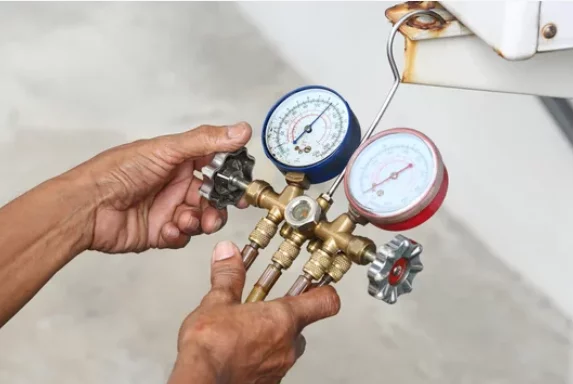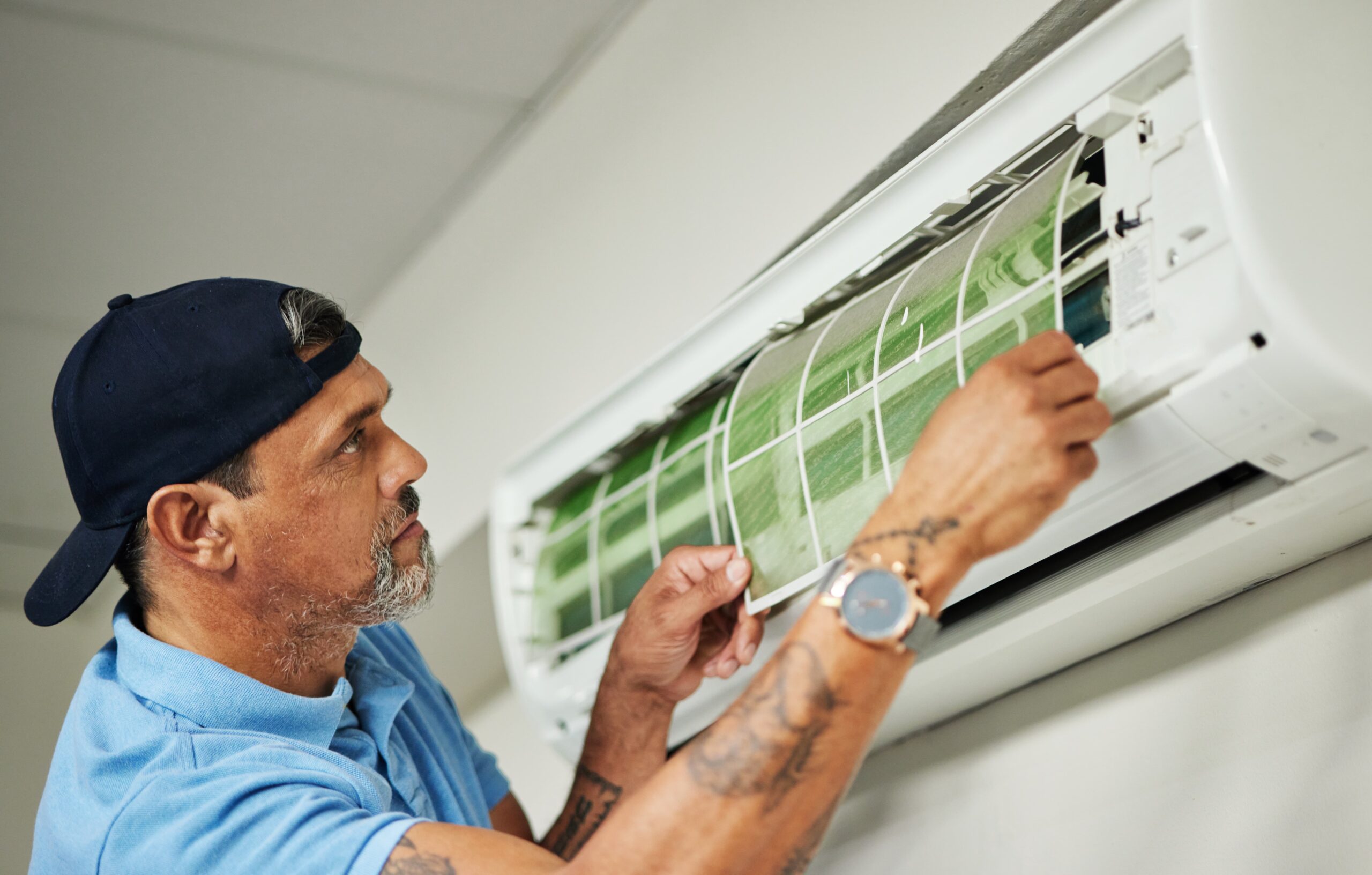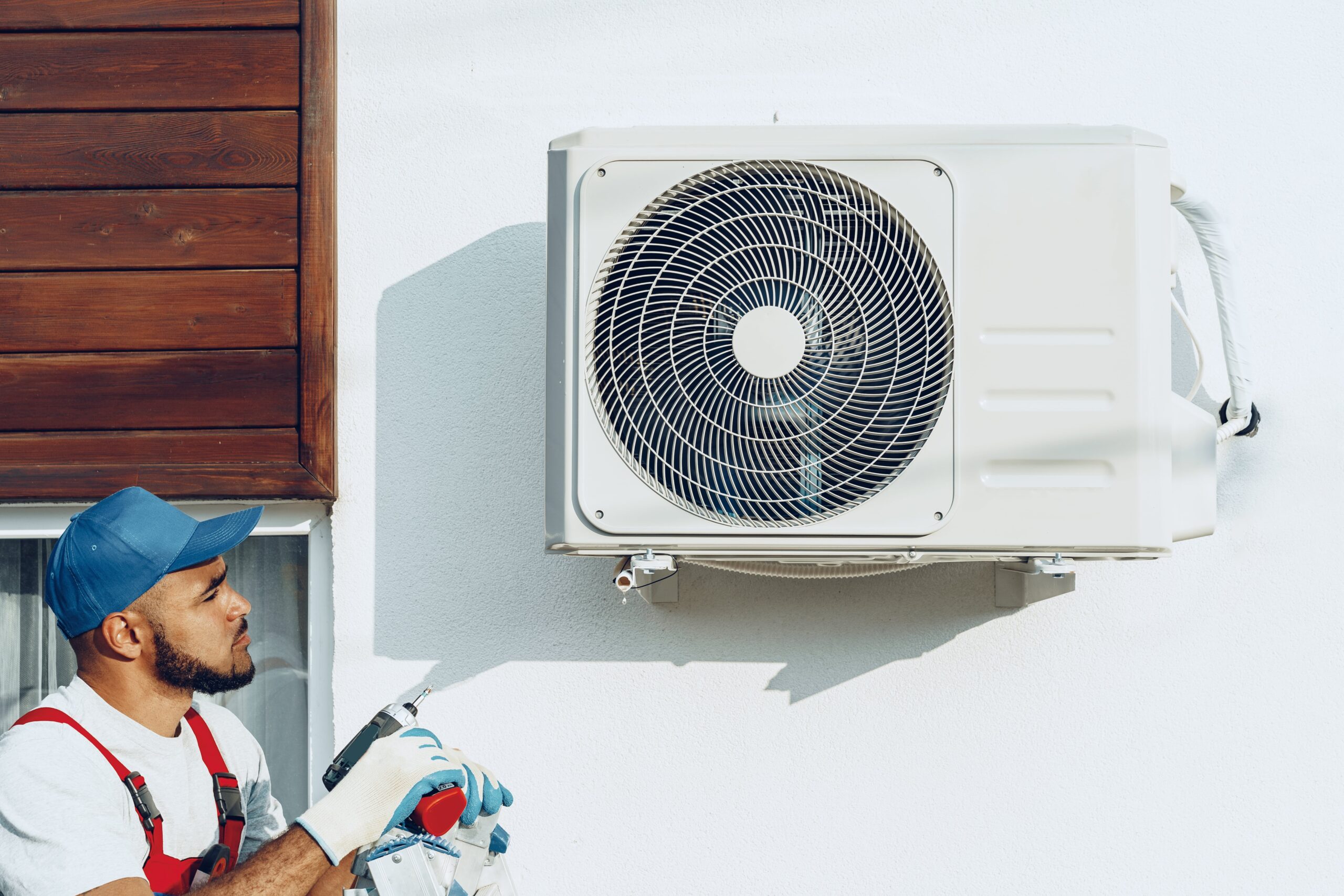A home’s air conditioning system is an important part of maintaining indoor comfort. Despite this, not many homeowners know much about air conditioning in North Ridgeville, OH, or how their AC systems work. What happens when this appliance starts behaving erratically, turning on and off in rapid succession? This is known as “short-cycling,” and it’s not something homeowners should ignore.
In this blog, we’ll explore what short-cycling is, why it occurs, and what you can do to address this issue to ensure the longevity and efficiency of your home’s air conditioning system.
Understanding Short-Cycling
The term short-cycling refers to the frequent and rapid cycling of your air conditioner’s compressor, where it turns on and off more frequently than it should. A normal AC cycle involves the compressor running for an extended period to cool down your home. This is followed by a period of rest before it kicks back in. Short-cycling disrupts this balance, causing the system to operate inefficiently and can potentially lead to increased wear and tear.
Common Causes of Short-Cycling
- If your AC unit is larger than what’s necessary for the space it’s cooling it can cool the room too quickly and shut off prematurely. This can lead to problems as the system struggles to maintain a consistent temperature.
- Refrigerant is the lifeblood of your air conditioner. If it’s leaking or running low, the system’s performance can be compromised. This can lead to erratic cycling patterns.
- Dirty and clogged air filters restrict airflow causing the AC system to overwork itself. This can trigger short-cycling as the system struggles to push air through the filters.
- A malfunctioning thermostat can send incorrect signals to your AC system causing it to turn on and off unnecessarily.
- Problems with the electrical components such as the capacitor or relay can disrupt the normal operation of the compressor.
- If the evaporator coils freeze due to poor airflow or other issues the AC system may turn off prematurely to prevent damage.
Effects of Short-Cycling
- The frequent start-up and shut-down cycles consume more energy than normal leading to higher utility bills.
- Constant cycling puts additional strain on the system’s components. This can possibly lead to premature wear and a shorter lifespan for the unit.
- Uneven cooling makes it difficult to maintain a consistent and comfortable indoor temperature.
- Lack of proper airflow can lead to poor indoor air quality and a buildup of pollutants.
Short-cycling in your air conditioning system is not merely a minor inconvenience. It’s a sign that something is wrong with your HVAC system. Addressing this issue quickly can save you money, improve energy efficiency and prolong the life of your air conditioner. By understanding the causes and effects of short-cycling, you’re better equipped to take the necessary steps to keep your home cool and energy efficient throughout the summer months. Remember, when in doubt, it’s always best to consult a professional HVAC technician to diagnose and rectify the issue.
Contact Westland Heating, Air Conditioning and Plumbing today to schedule your appointment!




